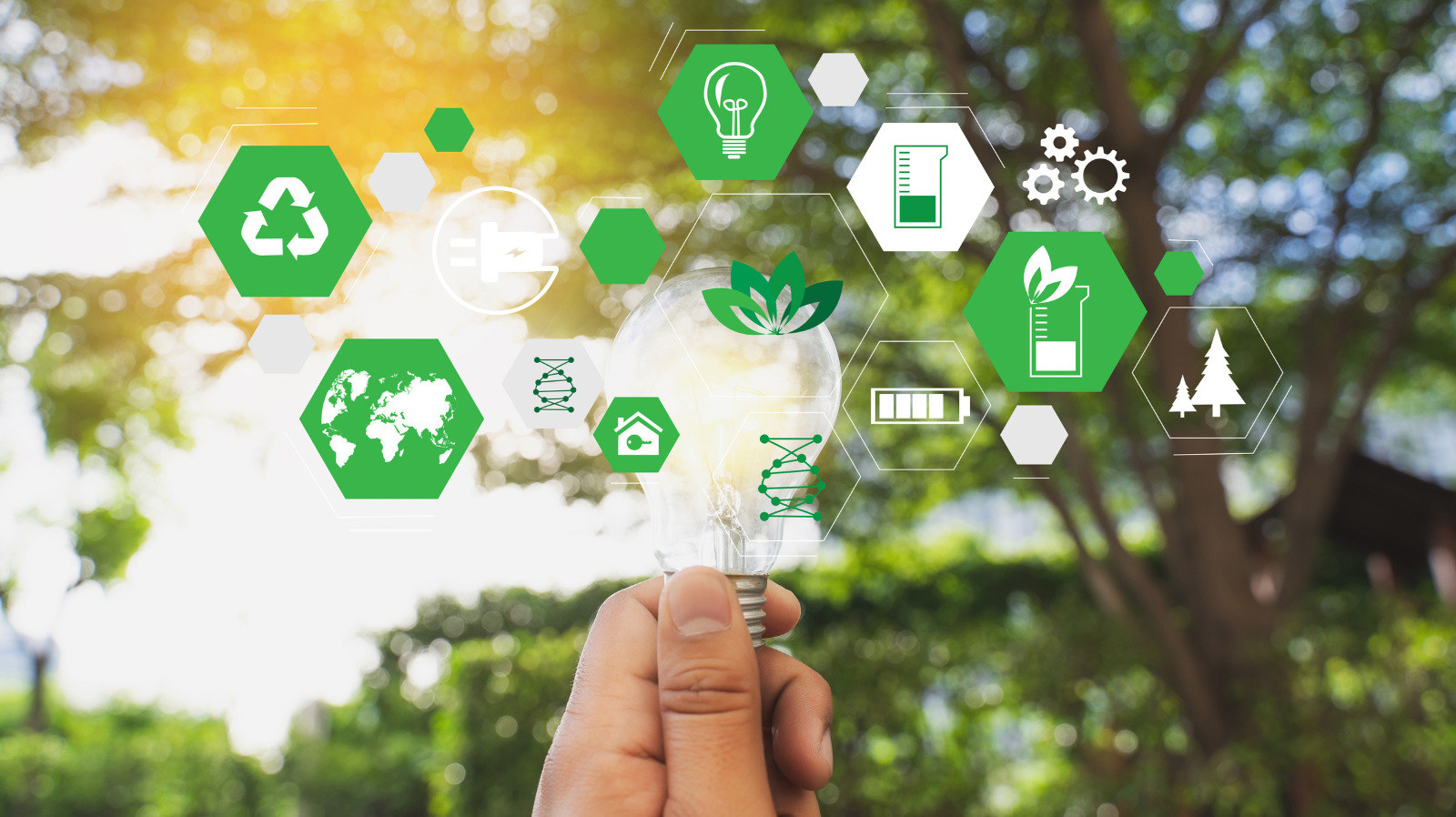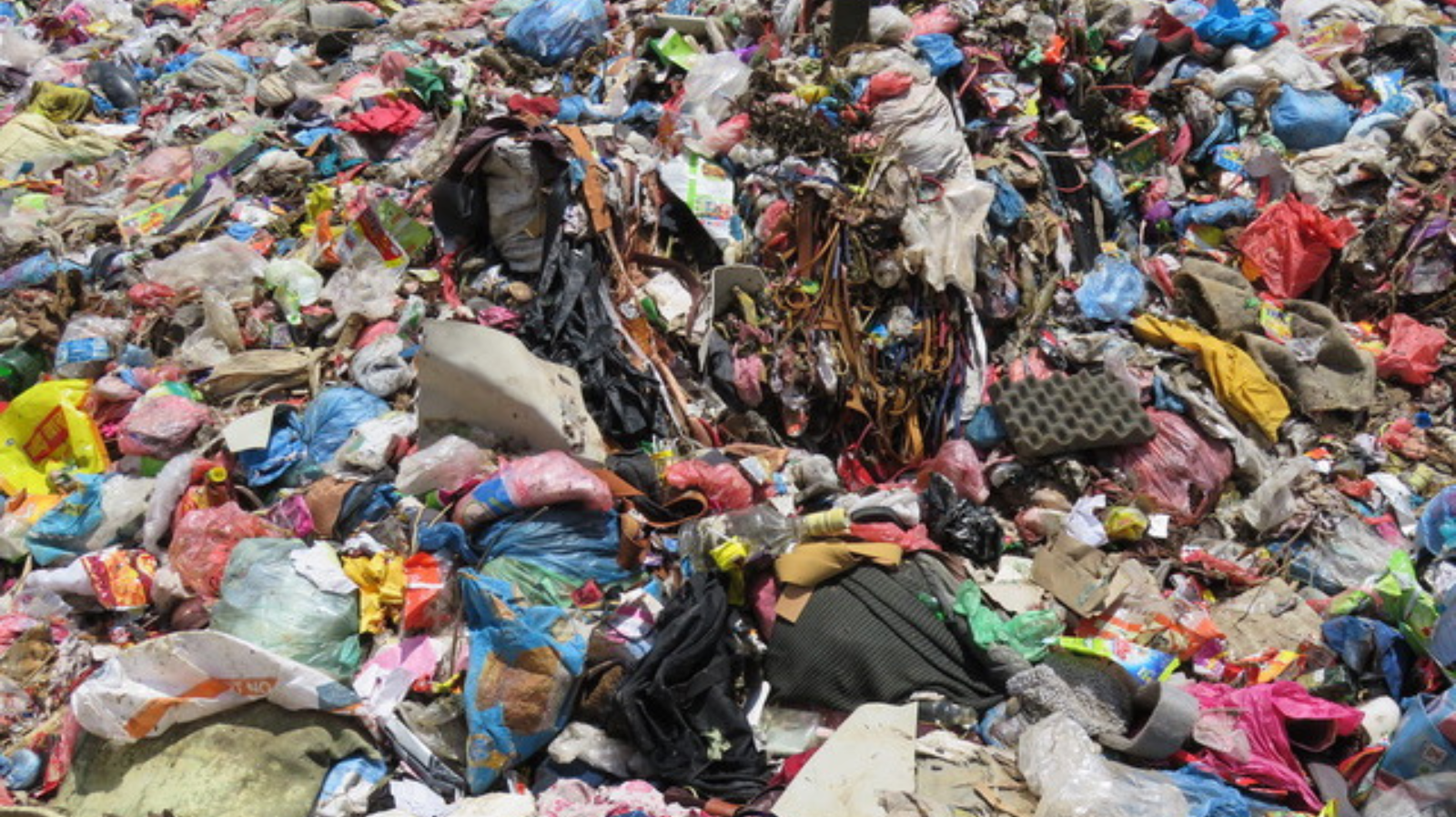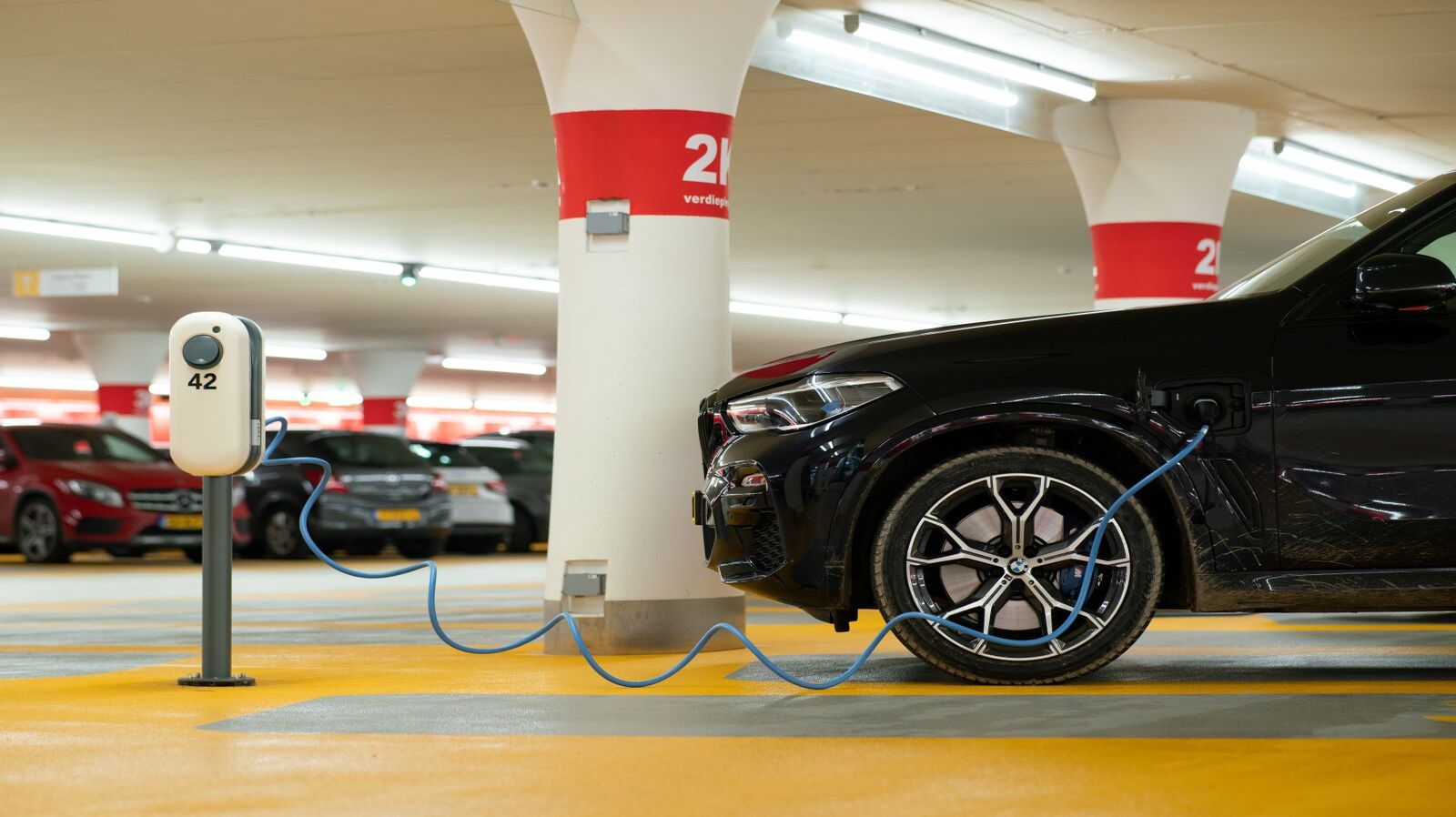
As Nepal moves toward its goal of becoming a developing country upon its LDC graduation in 2026, it is unrealistic to expect the government to fully finance the shift, given the socio-economic progress achieved through the linear model.

The circular economy is not only about managing waste, but it also encourages responsible planning and design where systems are established to extend a product’s life cycle.

Producing synthetic fabrics alone generates around 20% of the world’s wastewater. The ill effects of the current business model are reflected the best in graduating least developed countries (LDCs) in Asia.

The EV market in Nepal has experienced a remarkable growth in recent years, with 3,870 EVs worth NPR 11.23 billion being imported in the first 11 months of FY 2022/23. It is a 122% increase in value compared to the same period in the previous fiscal year 2021/22.

